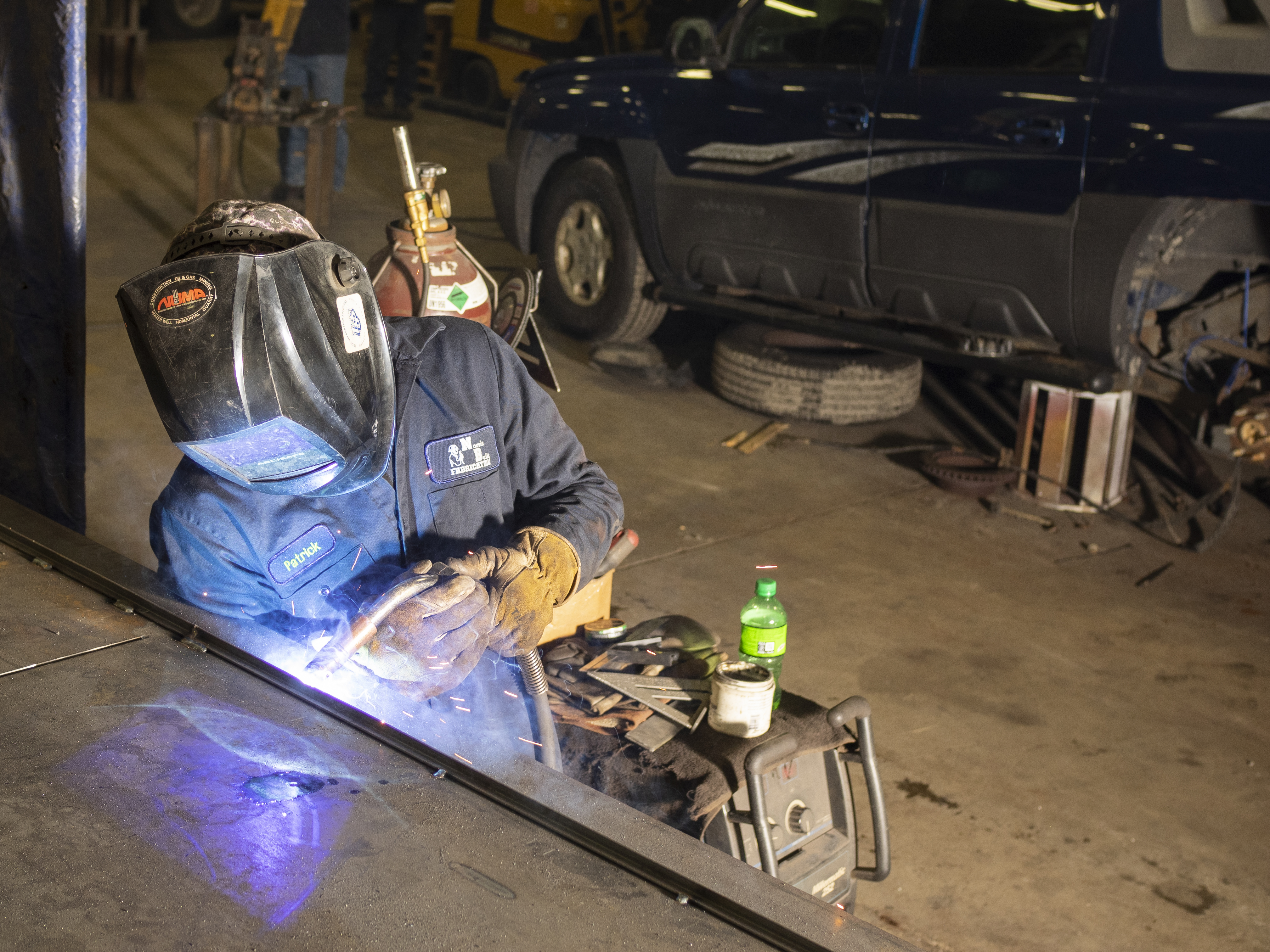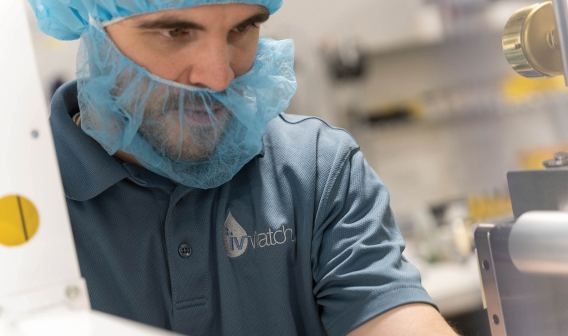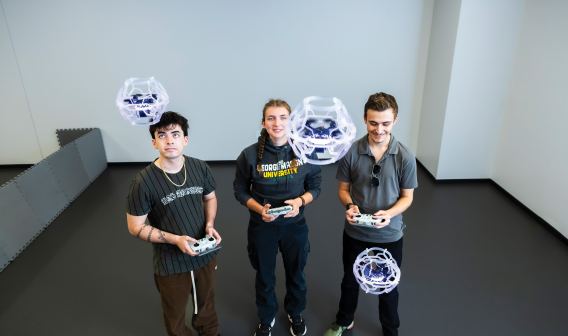Second Chance Hiring: A Business Proposition for Virginia Employers

As Virginia recognizes April as Second Chances Month, it's time for the business community to examine a largely untapped talent pool that could help address our workforce challenges. Second chance hiring isn't about charity — it's a business proposition with measurable returns.
Virginia currently faces a critical labor shortage, with only 47 workers available for every 100 open positions. Meanwhile, approximately 10,000 people return from Virginia's correctional facilities to the workforce each year — a cohort equivalent to Virginia’s largest graduating class at George Mason University.
"Virginia has a labor market deficit, with only 47 workers available for every 100 jobs available. We simply need more workers, and this is a viable strategy," explains Dr. Terri Erwin, Director of the Virginia Consensus for Higher Education in Prison. “Employers experiencing an immediate staffing gap can tap into a reliable and available pool of 10,000 individuals yearly, who are exiting the prison system in Virginia having paid their debt to society. Workforce opportunity and talent attraction is a related and complex landscape. This is not a one size fits all solution, but it’s one component that gets largely overlooked.”
What makes Virginia’s approach different?
What makes Virginia's approach distinctive is its intentionality. The Commonwealth is taking a systemic approach to addressing workforce shortages by reverse-engineering postsecondary education programs in correctional facilities based on specific regional workforce needs.
"Virginia is poised to do better than other states because we're aligning education programs with actual workforce demands," says Dr. Erwin. "We're asking: Do we need chemists? Data scientists? Healthcare workers? Then designing programs to meet those needs."
One facet of this targeted approach is through the Virginia Office of Education Economics (VOEE) – a state agency that uses data to inform educational programming, policy, and workforce partnerships. Established in 2021, VOEE aims to provide a unified source of analysis for policy development and implementation related to talent creation and development, offering resources and data on regional education and labor market alignment. They also conduct analytical services for higher education institutions and state workforce and economic development agencies.
Doing this ensures that individuals returning to communities across Virginia have skills that match the specific needs of local employers – whether in manufacturing, technology, healthcare, or other growing sectors.
For employers, the benefits extend beyond simply filling open positions. According to the Society for Human Resource Management, 85% of HR professionals report that individuals with criminal records perform the same as or better than employees without records. Even more compelling, a Johns Hopkins Hospital study found these employees had a 73% lower turnover rate—significant in industries struggling with retention.
Mark Smith, owner of Midas of Richmond, has experienced these benefits firsthand: "I have people who have criminal records who work for me, and I embrace them the same as I would those who don't. I start by getting to know a person. Businesses everywhere need employees, and being open to second chance hiring is an obvious choice."
“This is a real business proposition.”
The business case for second chance hiring is strengthened by numerous support systems. The Federal Bonding Program provides fidelity bonds at no cost to employers. Tax credits are available through the Work Opportunity Tax Credit program. Additionally, Virginia's reentry programs, workforce development organizations, and community colleges can facilitate access to vetted candidates with employment supports.
"We aren't asking businesses to engage in a massive act of charity," Dr. Erwin emphasizes. "This is a real business proposition. Companies get skilled workers, degree-holding employees ready to integrate back into society. Recidivism drops, reducing costs to taxpayers. It's a business mindset that's essential."
The Virginia Consensus for Higher Education in Prison
For companies interested in exploring second chance hiring, the Virginia Consensus for Higher Education in Prison offers opportunities for businesses of all sizes to join their efforts. "From small family-owned businesses to large corporations, we need employers across every region of Virginia to be part of this solution," Dr. Erwin explains. "Businesses of any size can have a place at the table to discuss their specific workforce needs and help create a tailored pipeline of talent."
The Virginia Consensus is actively building a network of employers throughout the Commonwealth who recognize the strategic advantage of second chance hiring. Companies that join gain access to resources, best practices, and connections to qualified candidates while helping to shape education programs that address their industry's specific needs.
As graduation season approaches and Virginia tracks traditional college graduates to understand our talent pipeline, Second Chances Month reminds us not to overlook another significant source of potential employees who are eager to prove their value.
By approaching second chance hiring as a strategic business decision rather than a social initiative, Virginia employers can address workforce shortages while building stronger communities — a true win-win proposition.




